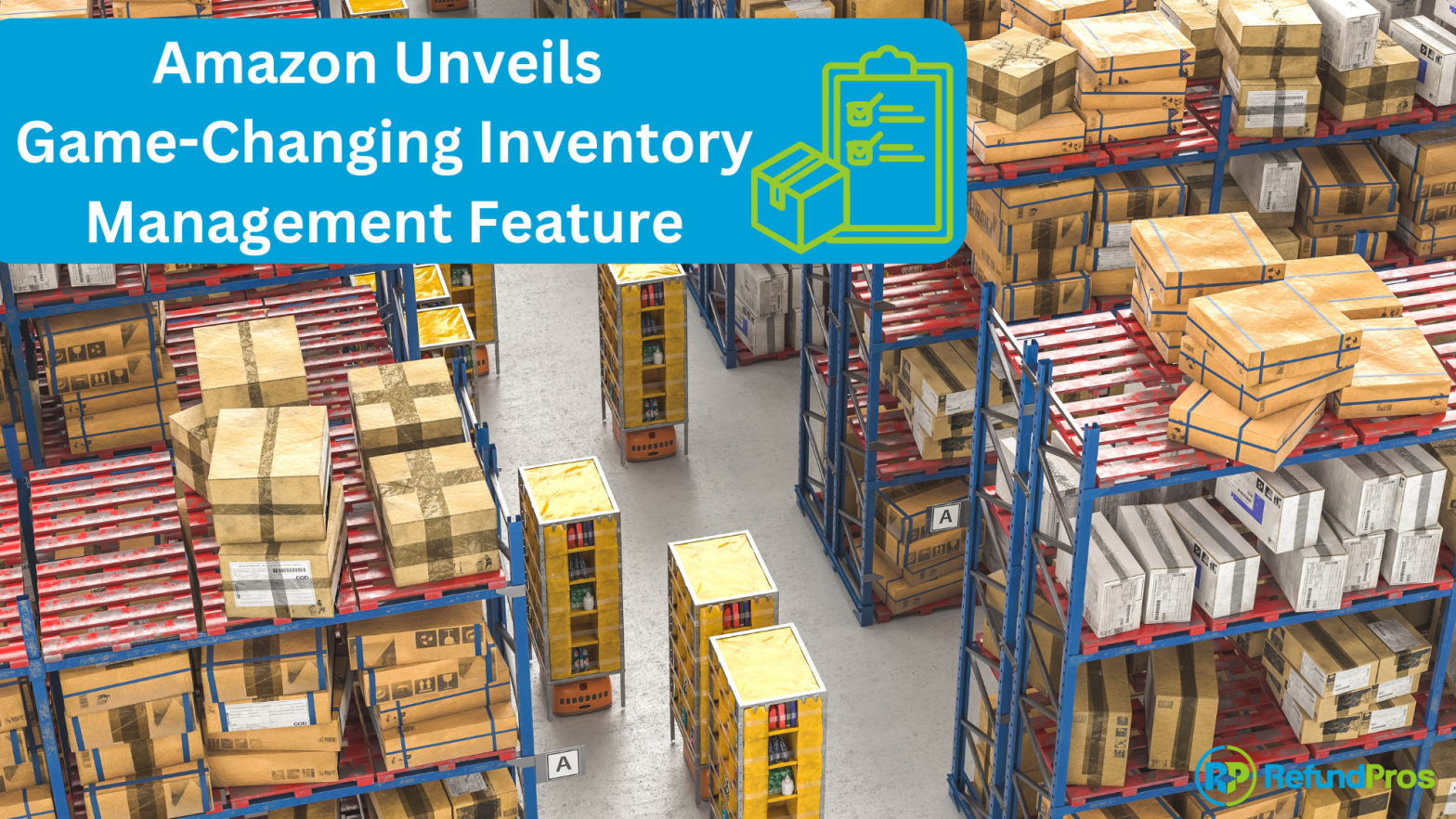As online shopping continues its meteoric rise, the demand for efficient and reliable fulfillment services has never been higher. The latest market research report from StatsNData paints a vivid picture of the industry’s trajectory, forecasting a continued rapid expansion in the fulfillment services market. Let’s dive into the data, dissect the trends, and explore what this means for businesses and consumers alike.
The Current Landscape:
Before delving into the future projections, it’s essential to understand the present state of the fulfillment services market. As of the latest available data, the industry is already experiencing significant growth, fueled by the global e-commerce boom.
This growth is attributed to several factors, including the proliferation of online shopping platforms, the rise of omnichannel retailing, and shifting consumer preferences towards convenience and speed.
Key Drivers of Growth:
The StatsNData report identifies several key drivers that will propel the fulfillment services market forward in the coming years:
- E-commerce Expansion: With more consumers turning to online shopping for convenience and variety, e-commerce is expected to continue its upward trajectory. This surge in online retail translates directly into increased demand for fulfillment services as merchants seek efficient ways to fulfill orders and deliver goods to customers.
- Globalization of Markets: The advent of cross-border e-commerce has opened up new avenues for businesses to reach customers worldwide. As companies strive to tap into international markets, the need for streamlined, reliable fulfillment solutions becomes paramount, driving the growth of the global fulfillment services market.
- Focus on Customer Experience: In today’s competitive landscape, providing exceptional customer experience is non-negotiable for businesses. Fast and reliable order fulfillment is a critical component of this experience, leading companies to invest in third-party fulfillment services to meet and exceed customer expectations.
Projections and Future Trends:
Looking ahead, the StatsNData report offers compelling insights into the future of the fulfillment services market. Several trends are expected to shape the evolution of the fulfillment services landscape:
- Technological Advancements: From automation and robotics to AI-driven analytics, technology will play a pivotal role in optimizing fulfillment processes, enhancing efficiency, and reducing costs for businesses. As advancements continue, expect to see a proliferation of tech-enabled fulfillment solutions tailored to the needs of various industries.
- Sustainability and Eco-Friendly Practices: As environmental consciousness grows among consumers and businesses alike, there is a rising demand for sustainable fulfillment practices. Companies will increasingly prioritize eco-friendly packaging, energy-efficient operations, and carbon-neutral delivery options to minimize their environmental footprint and appeal to environmentally-conscious consumers.
- Customization and Personalization: In the age of personalization, one-size-fits-all approaches no longer suffice. Fulfillment providers will need to offer customizable solutions that cater to the unique needs and preferences of individual businesses, enabling them to deliver personalized experiences that drive customer loyalty and satisfaction.
Implications for Businesses and Consumers:
For businesses operating in the e-commerce space, the insights gleaned from the StatsNData report carry significant implications. As the fulfillment services market continues to expand, companies must stay ahead of the curve by partnering with reliable and innovative fulfillment providers capable of meeting the evolving demands of the digital economy.
By outsourcing fulfillment operations to specialized providers, businesses can focus on core competencies, drive operational efficiency, and scale their operations to meet growing demand.
Savvy e-commerce sellers should also consider partnering with auditing experts like RefundPros. By entrusting the task of claiming reimbursements for late and damaged shipments to a dedicated auditing partner, sellers can reclaim valuable time and resources that would otherwise be spent on navigating complex logistics and reimbursement processes.
This strategic partnership not only streamlines operations but also maximizes profitability by ensuring that sellers recoup every dollar owed to them, ultimately driving bottom-line growth and enabling businesses to focus on what they do best—delivering exceptional products and experiences to their customers.
Conclusion:
StatsNData report paints a promising picture of the fulfillment services market’s future, with ample opportunities for growth and innovation on the horizon.
By leveraging technology, embracing sustainability, and prioritizing customer-centricity, businesses can position themselves for success in an increasingly competitive marketplace.
As the saying goes, “the only constant is change,” and for the fulfillment services industry, the journey ahead promises to be both exhilarating and rewarding.






